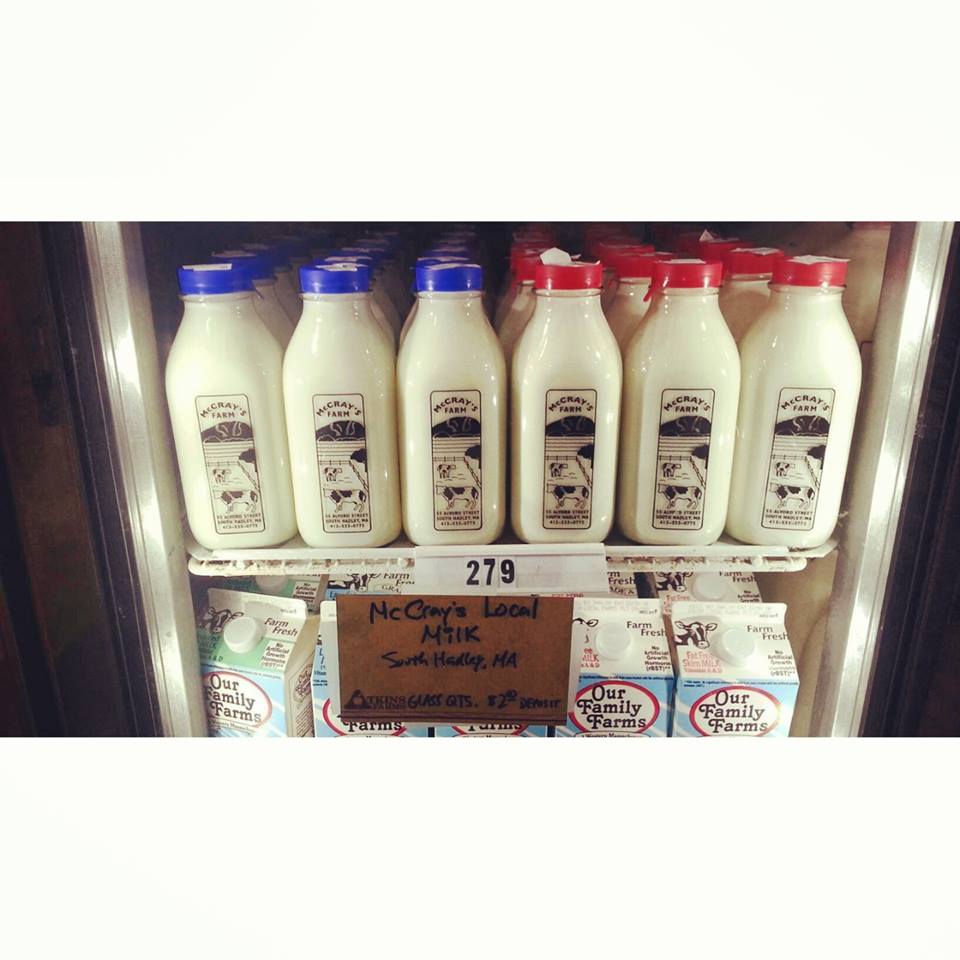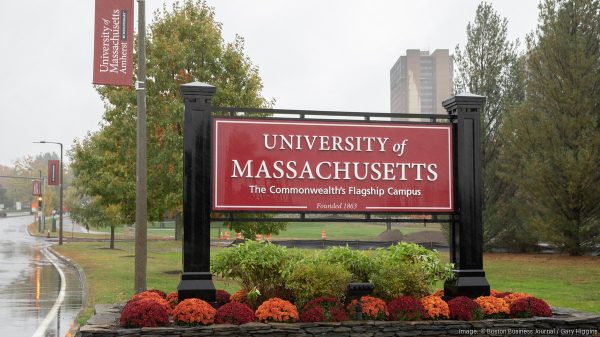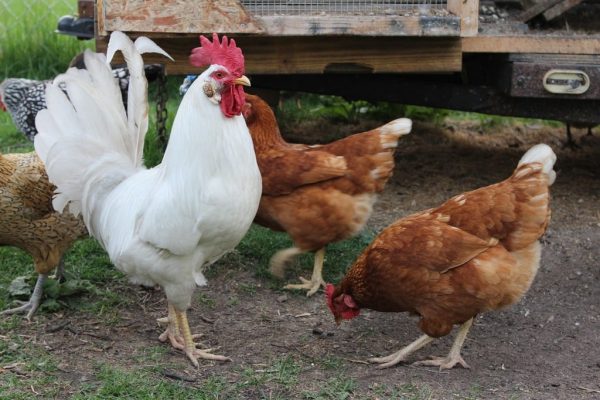McCray’s milk hits the shelves
Local McCray’s Farm is now selling their own milk in both custom glass bottles and in plastic containers.
Local farm McCray’s has added their own milk processing plant and has begun to sell local milk at their creamery. There’s around 50 cows whose milk is taken and bottled on the farm. Previous to this, dairy farmer Mike McCray said they had sold their unprocessed milk to Hood, or Agri-Mart for a price much lower than what it costs to make.
With the addition of their processing plant, they can begin to sell their milk wholesale in local grocery stores in their own customized glass bottles as well as the standard plastic containers. Paraprofessional Anne Blaney said, “you have to get it in the glass bottle! It makes all the difference.”
They are currently only selling it in their creamery store, which is a little out of the way for those out of town. “If it were more conveniently located I would be more likely to purchase it,” said English teacher Tina Daponde.
Besides the standard whole, 1%, and 2% milk, there’s also cream-top, chocolate, and coffee flavored milk.
One unique item that McCray’s offers their customers is called rainbow milk. Rainbow milk is made with 2% milk and an organic vanilla flavoring which comes in four colors- green, red, yellow, and blue and is meant to help encourage kids to drink and enjoy milk. McCray said that a longmeadow teacher brought them the idea and they ran with it.
The plant has the potential to process 500 gallons at a time, but they just don’t sell enough to run it at full capacity every day said McCray. Although currently they aren’t producing as much as possible- the reactions of locals is very positive says creamery manager Barbara Cote. She explains that the store is beginning to see a lot of customers coming back regularly.
One store regular is junior Cole Pettengill, who prefers McCray’s milk, as it is “fresh and better tasting rather than a big brand whose milk could be weeks old and isn’t as good.” Besides the quality of the milk itself, Pettengill explains that “it’s better to support a local company rather than a larger corporation.”
The incentive for many is the support of a local business. Junior Serena Sarage agreed saying not only is it “more fresh, but it helps the community to keep the money locally in town.” Blaney also buys not only milk locally- but supports local beef and produce farmers. She says that although they may come at a higher price, it’s better for you and when you buy mass-produced items for less “[you] pay for it in your health later.”




